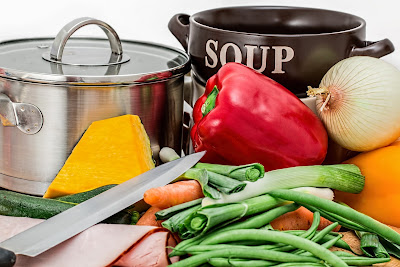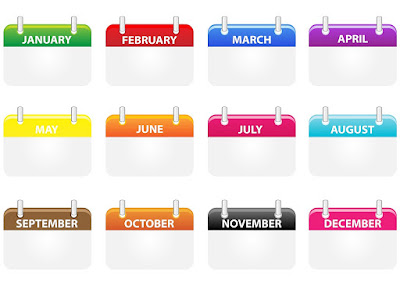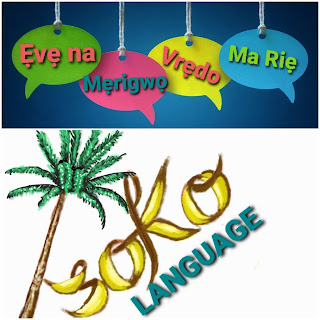Learn Isoko Language Part 11 (Number Counting In Isoko Section 1)

Number Counting In Isoko Number Counting Pronunciation Guide: 1—O ̣ vo 2—Ive ̣ 3—Esa 4—Ene 5—Isoi/Iyori 6—Ezeza 7—Ihre ̣ /Ile ̣ 8—Eree/Erere 9—Izii/Iziri 10—Ikpe 11—Ikpegbo ̣ vo 12—Ikpegbive ̣ 13—Ikpegbesa 14—Ikpegbene 15—Ikpegbisoi 16—IKpegbezeza 17—Ikpegbihre ̣ 18—Ikpegberee 19—Ikpegizii 20—Udhe 21—Udhegbo ̣ vo 22—Udhegbive ̣ 23—Udhegbesa 24—Udhegbene 25—Udhegbisoi 26—Udhegbezeza 27—Udhegbihre ̣ 28—Udhegberee 29—Udhegbizii 30—O ̣ gba 31—O ̣gbagbọvo 32—O ̣gbagbivẹ 33—O ̣gbagbesa 34—O ̣gbagbene 35—O ̣gbagbisoi 36—O ̣gbagbezeza 37—O ̣gbagbihrẹ 38—O ̣gbagberee 39—O ̣gbagbizii 40—Udhuve ̣ 41—Udhuve ̣ gbọvo 42—Udhuve ̣gbivẹ 43—Udhuve ̣gbesa 44—Udhuve ̣ gbene 45—Udheve ̣ gbisoi 46—Udhuve ̣ gbezeza 47—Udhuvegbihre ̣ 48—Udhuve ̣ gberee 49—Udhuve ̣ gbizii 50—Udhuve ̣ gbikpe Thanks for learning. Next post we will learn from 50-100. See you all! Click here to learn, Number coun...




